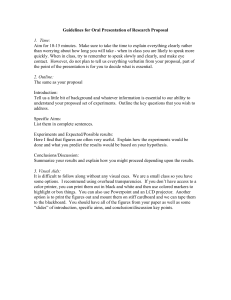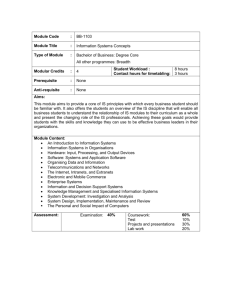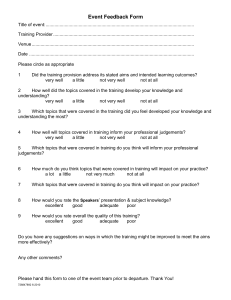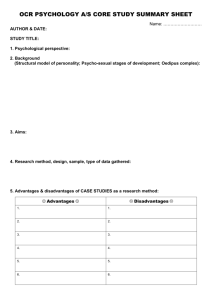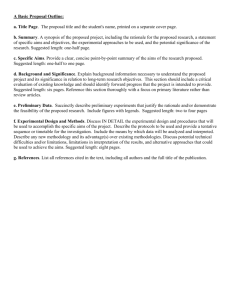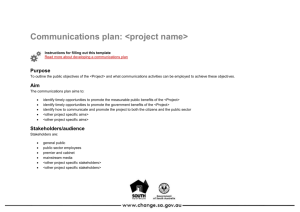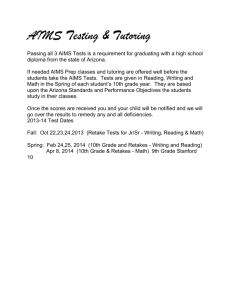English IV IB Mr. Nigro Part 1: The Interactive Oral Description: As
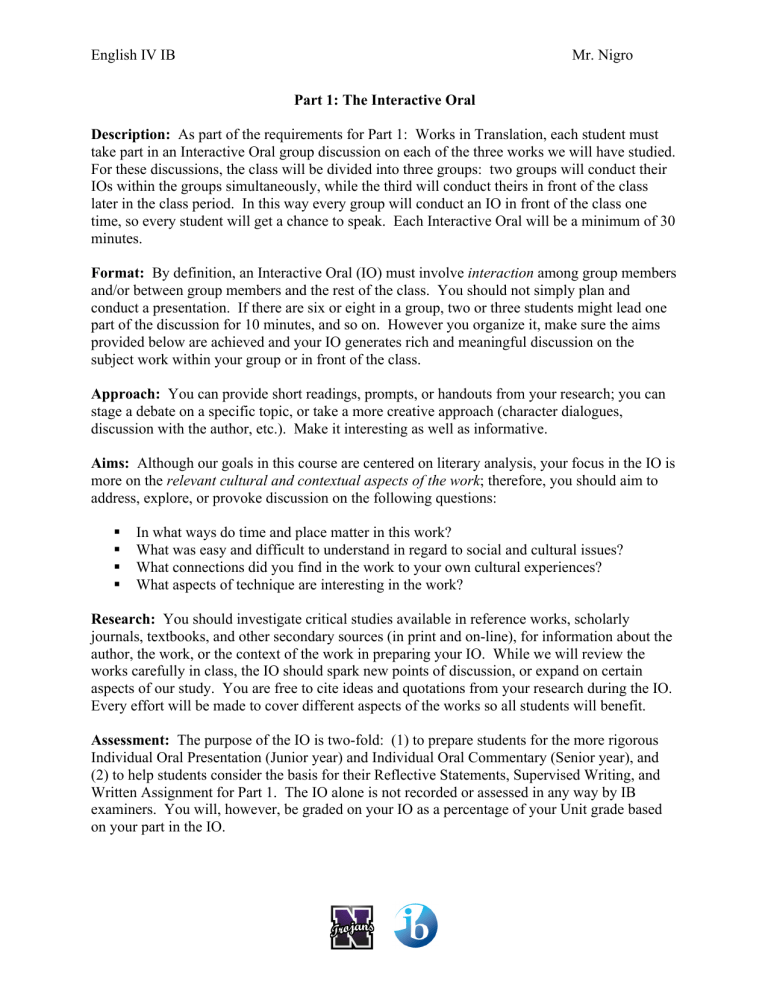
English IV IB Mr. Nigro
Part 1: The Interactive Oral
Description: As part of the requirements for Part 1: Works in Translation, each student must take part in an Interactive Oral group discussion on each of the three works we will have studied.
For these discussions, the class will be divided into three groups: two groups will conduct their
IOs within the groups simultaneously, while the third will conduct theirs in front of the class later in the class period. In this way every group will conduct an IO in front of the class one time, so every student will get a chance to speak. Each Interactive Oral will be a minimum of 30 minutes.
Format: By definition, an Interactive Oral (IO) must involve interaction among group members and/or between group members and the rest of the class. You should not simply plan and conduct a presentation. If there are six or eight in a group, two or three students might lead one part of the discussion for 10 minutes, and so on. However you organize it, make sure the aims provided below are achieved and your IO generates rich and meaningful discussion on the subject work within your group or in front of the class.
Approach: You can provide short readings, prompts, or handouts from your research; you can stage a debate on a specific topic, or take a more creative approach (character dialogues, discussion with the author, etc.). Make it interesting as well as informative.
Aims: Although our goals in this course are centered on literary analysis, your focus in the IO is more on the relevant cultural and contextual aspects of the work ; therefore, you should aim to address, explore, or provoke discussion on the following questions:
§ In what ways do time and place matter in this work?
§ What was easy and difficult to understand in regard to social and cultural issues?
§ What connections did you find in the work to your own cultural experiences?
§ What aspects of technique are interesting in the work?
Research: You should investigate critical studies available in reference works, scholarly journals, textbooks, and other secondary sources (in print and on-line), for information about the author, the work, or the context of the work in preparing your IO. While we will review the works carefully in class, the IO should spark new points of discussion, or expand on certain aspects of our study. You are free to cite ideas and quotations from your research during the IO.
Every effort will be made to cover different aspects of the works so all students will benefit.
Assessment: The purpose of the IO is two-fold: (1) to prepare students for the more rigorous
Individual Oral Presentation (Junior year) and Individual Oral Commentary (Senior year), and
(2) to help students consider the basis for their Reflective Statements, Supervised Writing, and
Written Assignment for Part 1. The IO alone is not recorded or assessed in any way by IB examiners. You will, however, be graded on your IO as a percentage of your Unit grade based on your part in the IO.

